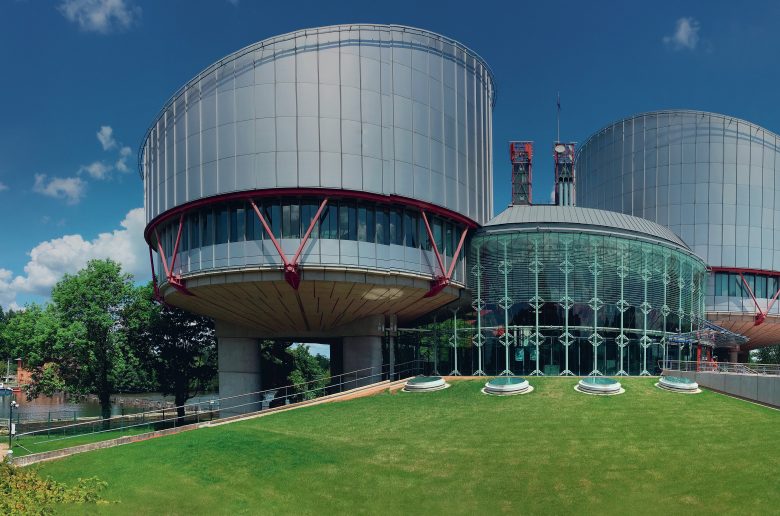
Here the Supreme Court heavily criticised an earlier European Court of Human Rights (ECtHR) judgement (in Hirst v UK) forcing the United Kingdom to allow prisoners the right to vote, calling the ECtHR decision ‘a very curious position’. The decision in 2005 stated that a blanket ban on prisoner voting was incompatible with the European Convention on Human Rights and had to be changed.
The 2013 case involved the Supreme Court rejecting an appeal by two convicted murderers who were challenging the government’s blanket ban on prisoner voting (see the article ‘Prisoner voting rights’ on pp. 2–5). The case was the latest attempt to secure prisoner voting and was rejected by the Supreme Court. In a unanimous verdict, Lord Mance stopped any efforts to fasttrack ongoing efforts, under the Voting Eligibility (Prisoners) Draft Bill (see below), to accommodate the ECtHR judgement at a parliamentary level.
Your organisation does not have access to this article.
Sign up today to give your students the edge they need to achieve their best grades with subject expertise
Subscribe




